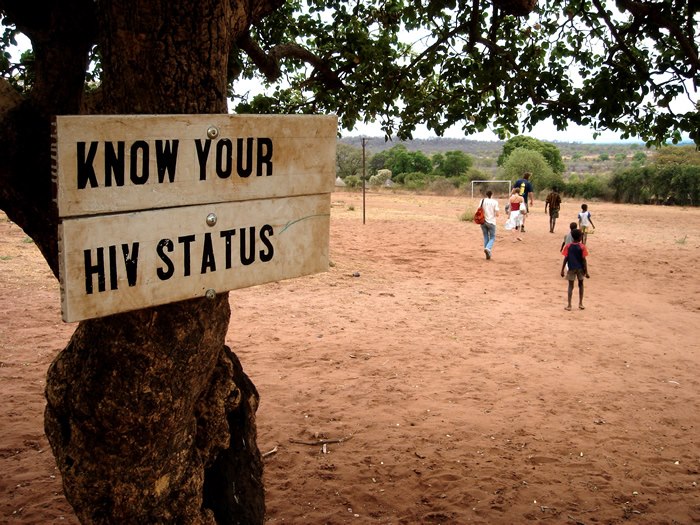
In the early 1980s, I moved to Boston with my girlfriend at the time as did several of our college friends. I remember, after having lived there for some time, going to visit another couple whom we had known in Oxford.
They looked like hell.
They had been spending almost every weekend going to the funerals of yet another friend who had died of what was first known as Gay-Related Immune Deficiency (GRID), what we now know as HIV/AIDS.
Back then, HIV/AIDS was a death sentence. Today, thanks to antiretroviral drugs, young men and women with HIV/AIDS may live nearly as long as their peers, making it a chronic, rather than fatal, disease. Nonetheless, it remains a brutal and murderous disease. Survival after infection without treatment is about 10 years, and survival after diagnosis without subsequent treatment can be a matter of months.
While pharmaceuticals play the dominant role in managing AIDS, the research also shows us that nutrition can have an important influence on people with this disease; not surprising, since nutrition has such a profound impact on the functioning of our immune systems.
Though, scientifically, we have come a long way in understanding AIDS, socially, we have not. Thirty-nine states still criminalize AIDS; just recently, an AIDS-positive Iowa man was sentenced to 25 years for having a one-night stand with another man, despite the fact that he used a condom.
Let's be honest: The majority of AIDS criminal laws exist, not to protect the public, but to extend bigotry against gay men. Criminalizing a disease does nothing to prohibit its spread; indeed, it probably increases exposure, by inhibiting people from seeking testing and treatment, or disclosing their status if it is known.
So, we've come a long way in our relationship with this pandemic since it was recognized 25 years ago, but we've got a long way to go.
Today, my heart goes out to all of those who have lost loved ones to AIDS.
Dr. Avery Jenkins is a chiropractic physician specializing in the treatment of people with chronic disorders. He can be reached at alj@docaltmed.com or by calling 860-567-5727.